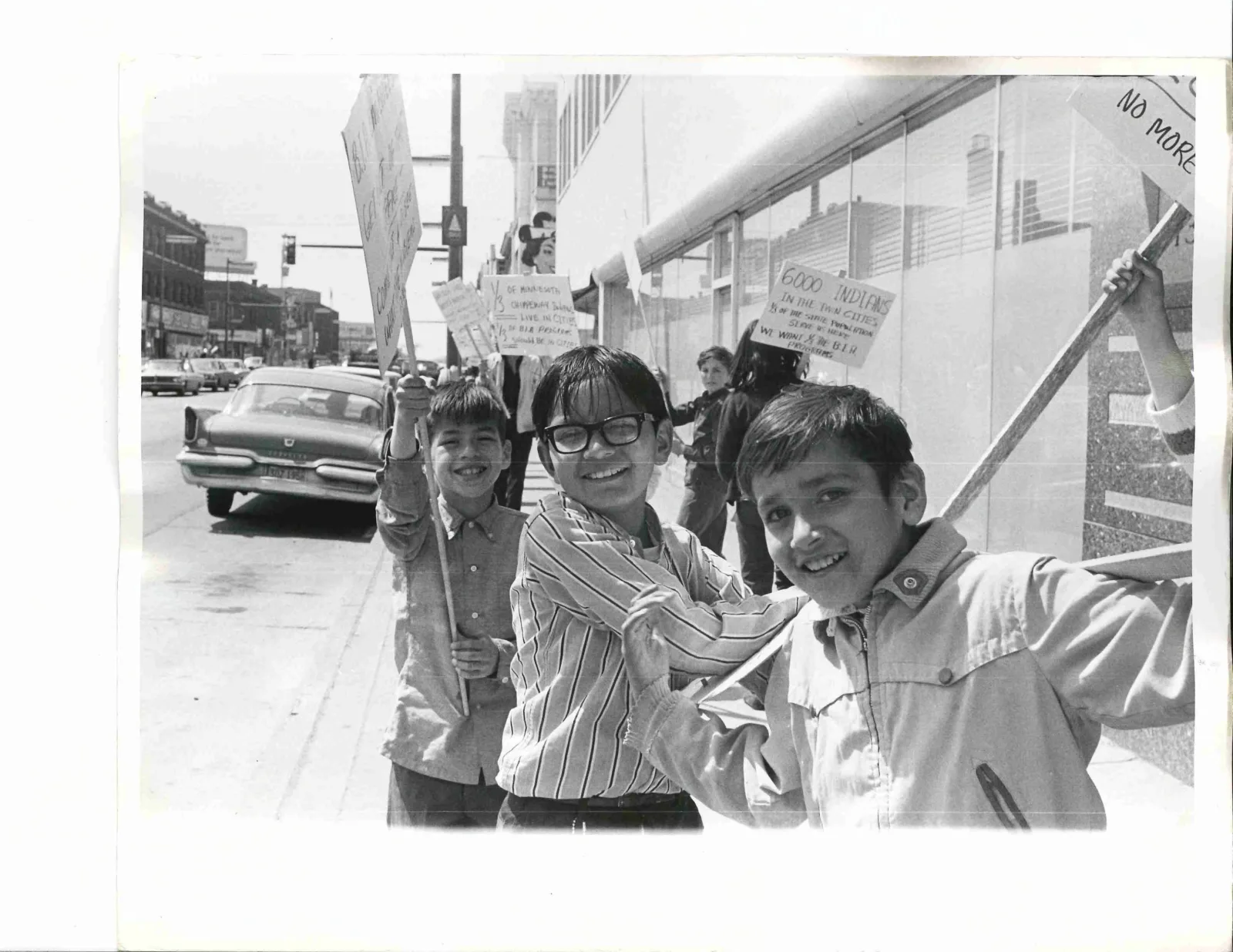Mnisota Makoče (land where the waters reflect the sky) and the Twin Cities of Minneapolis and St. Paul remains the home of Dakota people who have been in relation with these lands and waters since time immemorial. This place is also the site of historic and continued resistance to settler-colonial violence from the American Indian Center of Minneapolis and its robust Native community across the metro and the emergence of the American Indian Movement in 1968 to sustained relations with sacred sites like Wakan Tipi and Bdote (a site of genesis and genocide). Inaugurated in 1969, the American Indian Studies department at the University of Minnesota was the first program of its kind in the U.S. and now, 55 years later, has welcomed its first doctoral cohort.
Inspired by homelands, histories, and ongoing relations in Mnisota Makoče and American Indian Studies at UMN, this workshop will introduce participants to the various methods of memory-keeping at work in this place. We will focus on various forms of oral history, land-based, and digital archiving practices from a Native American and Indigenous Studies (NAIS) methodological framework and connect to recent scholarship, oral history collections, and digital archiving projects that have emerged in connection to land and place. Our discussions of recent and foundational scholarship in NAIS will prepare us to connect significant and emerging theoretical frameworks to the continuance of Indigenous embodied methodologies of memory-keeping across archives.
One student from each NCAIS institution may participate in the three-day workshop as part of an introduction to
critical methodologies in American Indian and Indigenous Studies. Housing will be provided and participants will be
reimbursed up to $750 for travel. Leftover funding will be used to lessen the travel costs of students whose travel
costs exceed $750.
Workshop Participants
Amanda Barlow, University of Alberta
Dylan Bernal, University of New Mexico
Tamara Blesse, University of Alberta
Melanie Frye, University of Oklahoma
Marlee Kelly, University of Washington
Rylee LaLonde, Michigan State University
Florence Lange, University of Winnipeg
Johnette Martin, University of Colorado - Boulder
John Mollet, Yale University
Sierra Mondragón, University of Washington
Tandra Morris, Oklahoma State University
Sagen Quale, University of Wisconsin - Madison
Alaia Snell, Northwestern University
Tommy Song, Yale University
Miranda Washinawatok, University of Wisconsin - Madison
Emily Watkins, University of California - Davis
Brian Yang, University of Illinois Urbana-Champaign
Kachina Yeager, University of Minnesota
Gavin Zempel, Harvard University
